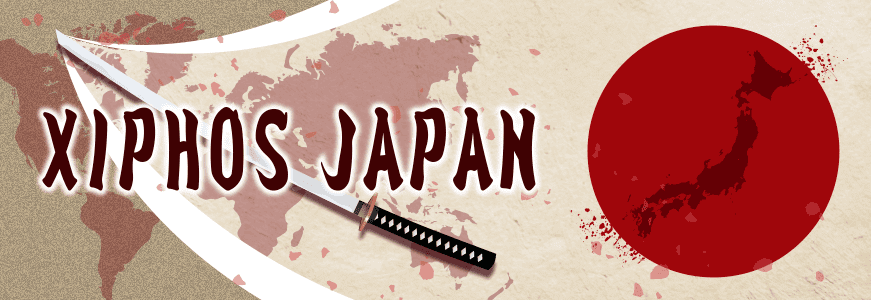 Although the number of corona cases continues to rise, the level of shock in both the public and private sectors is relatively subdued compared to the corona panic of a few years ago.
Although the number of corona cases continues to rise, the level of shock in both the public and private sectors is relatively subdued compared to the corona panic of a few years ago.
The medical situation remains imminent, but the global view has shifted to an evolved version of influenza, with a shift towards an economic-first uis corona policy rather than policies such as border blockades and major lockdowns.
Although there are still risks compared to the Before Corona period, an increasing number of companies that withheld business from overseas during the Corona epidemic have gradually resumed business with foreign countries.
Although it will not disappear in the future, face-to-face business trips will decrease and remote communication methods will come in handy.
While the methods of doing business overseas are changing with the times and circumstances, there are still some things that remain the same. Japanese companies are bringing the Japanese way of doing business overseas.
Why is it so hard to do business with foreign countries?
“When in Rome, do as the Romans do” is an ancient Japanese proverb, but many Japanese companies diverge from this proverb when it comes to business. Fundamentally, Japanese business practices are very different from overseas, or even global, standards. This is not to say that one is better or worse than the other, it is just that the Japanese way of doing business differs from the common sense of the world.
It is quite natural that the greater the distance between our values and those of the other party, the more difficult it is to reconcile them, but the fact that the Japanese are not very good at this is one of the reasons why internationalisation and overseas sales channel development has not been successful as planned, even though they have taken the lead.
There are many different values, one of which is that “money is not discussed” in business negotiations. This is also a fundamental point, but if you ask why we do business, we do it because we want to make a profit. It is good that you have worked hard to conclude business negotiations, but there is no point in doing business if you are in the red every time you have a business meeting.
First of all, how much is the fee to provide this product or service? The decision is based on how the other side reacts to this. This is the global standard.
When attending a business meeting between a Japanese company and a foreign company, if the Japanese company does not discuss money until the end, the foreign company may later ask, “How much will this product cost in the end?” And “Do they really want to do business with us?” The Japanese companies did not talk about money until the very end, but later asked the foreign companies “How much will this product end up costing?
From the Japanese perspective, money is the last thing to be discussed, and the first thing to do is to exchange information and understand each other’s situation, and when you are satisfied to a certain extent, it is customary to discuss money in small pieces. However, if this is done overseas, the question becomes “Do you really want to do business?” This is also a cultural difference.
This is also a cultural difference, but no matter how interested you are in each other’s products and services, there is a limit to your budget and there is no way out of your pocket. If you don’t clear this up first, there is no point in talking about anything else. In the end, it is a waste of time. This is a unique idea in foreign countries, where efficiency comes first.
If this untenable situation is not cleared up, then subsequent discussions are meaningless, and if no agreement is reached as a result of the money negotiations, then the perspective is switched and other similar products are searched for. Focusing on efficiency and being quick to make this switch are essential factors if Japanese companies want to do business with foreign countries.







